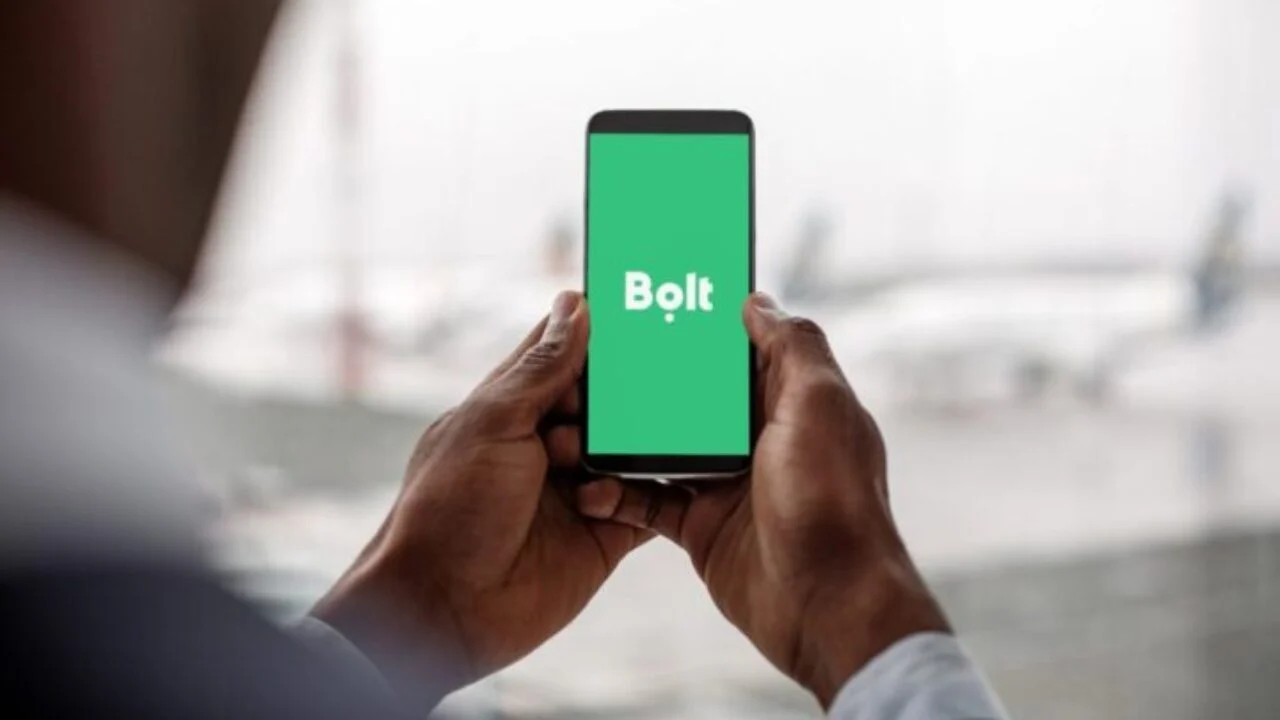The Amalgamated Union of App-Based Transporters of Nigeria (AUATON), which represents e-hailing drivers, has rejected the recent rate reduction agreement that several app companies and the Presidential Committee on the National Gas Initiative announced.
In a statement released by its state chairman, Jaiyesimi Azeez, on Wednesday, the union—representing over 120,000 drivers in Lagos and 300,000 nationwide—said it was not part of the conversation and did not support the decision.
It went on to say that its members, who serve as the transaction’s implementation arm, ought to deliberate and decide on essential choices, including reducing riders’ fares.
Read also: Kenyan ride-hailing drivers demand fair pay
“The majority of AUATON members are seriously concerned about the information that some app businesses (such as Bolt and Uber) and the Presidential Committee on the National Gas Initiative met in Abuja to discuss a plan for fare reduction. We want to clarify that neither AUATON nor its members were present during this discussion, nor do they support the decisions made during the Abuja meeting.
“We feel that a critical choice like a fare reduction for riders should be discussed and agreed upon with us, the implementing arm of the transaction, as our members, who own their vehicles and deal directly with riders, are the backbone of this sector. Accordingly, AUATON would not accept any unilateral fare reductions whose effects on how our vehicles operate and how our members make a living have not been thoroughly studied,” according to a portion of the statement.
E-hailing drivers agreed to cut prices if…
Through the P-CNGi, the union pushed the government to cover the cost of installation and the complete conversion kits.
The statement stated that the union may quickly implement fair price reductions that impact Nigerians’ lives after converting its members’ vehicles, receiving all the conversion kits, and fully paying related installation fees.
Azeez bemoaned that the app businesses had failed to represent the union’s members’ interests effectively and urged the government to start a direct dialogue with union members.
“Please note that AUATON is uniquely positioned to advocate for the rights and interests of our drivers as the only union representing app-based transporters that operate around the clock daily. Based on our experience, app companies have not adequately represented the interests of our members, as we are the actual business owners and operators.
“The union can speak for herself and directly present her case to the P-CNGi, understanding the critical nature of this endeavour.
“We assume that before now, the Federal Government, through the P-CNGi, had been discussing CNG Kit interventions and the desired fare reduction with the transport app owners. This will not achieve the desired result.”
“We fervently demand direct dialogue with the P-CNGI regarding all previously mentioned issues, and we stand prepared to collaborate with the Federal Government to attain the intended outcomes expeditiously,” he concluded.
Read also: Nigerians and South Africans clash in new Bolt ordering war
E-hailing drivers want fair commission rates
However, AUATON requested assistance from the Lagos State Government, as well as equitable commission rates and pricing changes.
In addition, it demanded free CNG kits for vehicle retrofits, a five per cent commission rate, and participation in price-cutting measures.
In addition, Azeez expressed concern about the effect on drivers’ lives and demanded direct talks with the PCNGi regarding fare reduction and CNG kit initiatives.
He threatened to launch a national boycott and rallies on behalf of the union if app companies did not accede to its demands.
AUATON cited the Lagos State government’s initiative to empower young people in the e-hailing sector in its proposal to distribute LagRide vehicles to its members, urging stakeholders to support its pursuit of a more equitable market.
